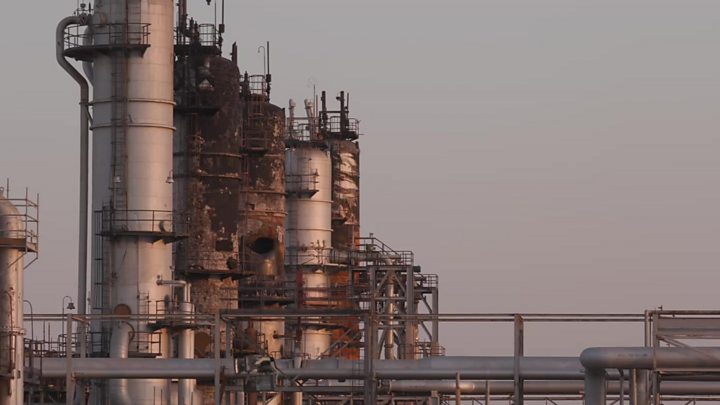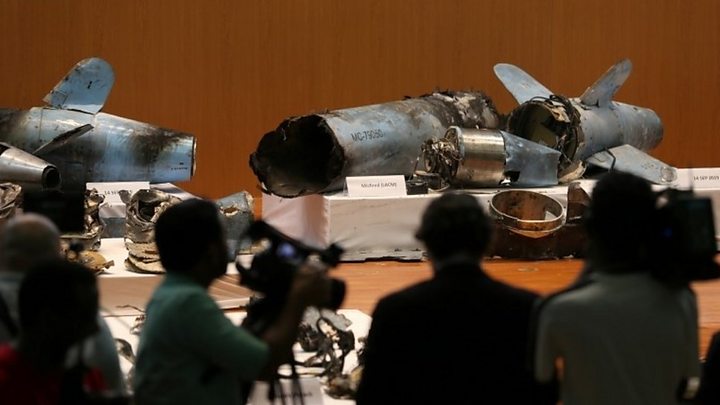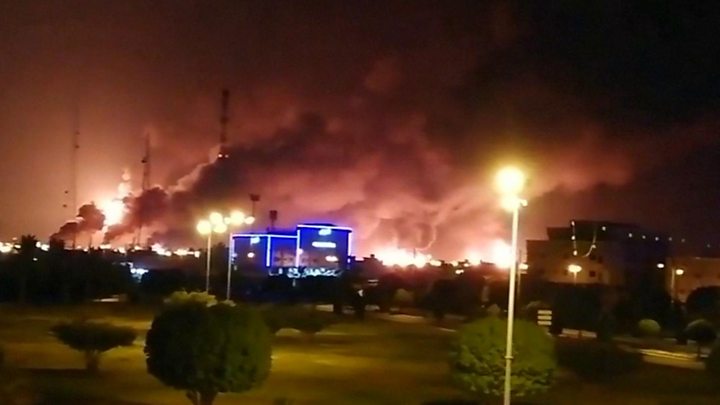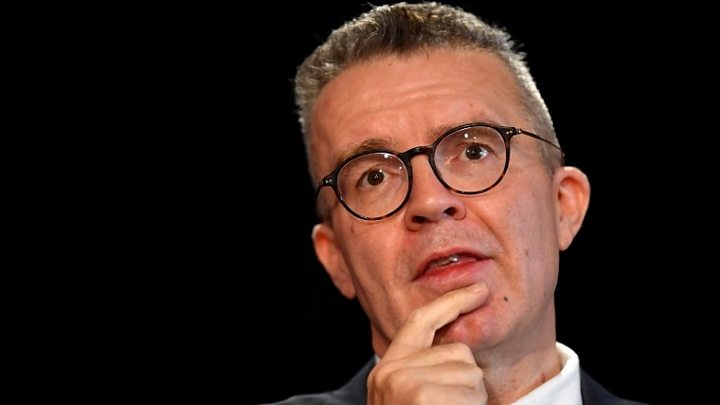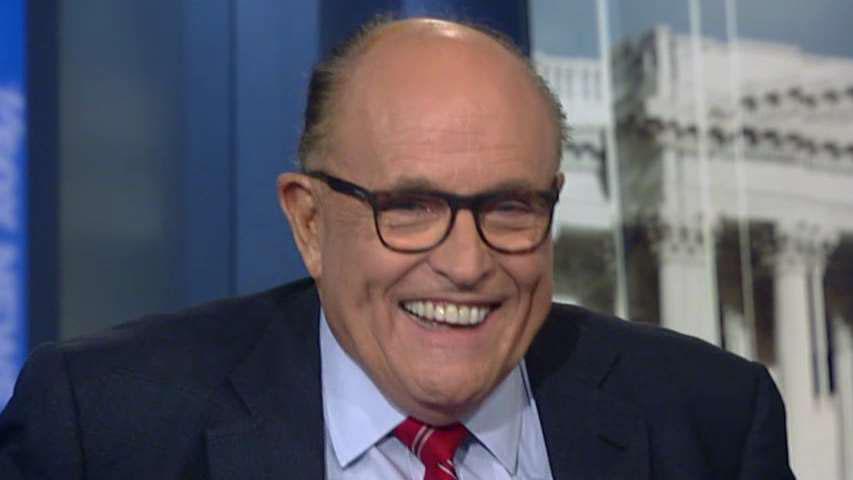
Rudy Giuliani channeled President Trump Monday with a wee-hours Twitter blitz aimed at turning the Ukraine story currently roiling Washington into a big problem for Democrats.
Giuliani, the personal attorney for Trump and outspoken critic of Joe Biden and his son’s relationship with Ukraine, accused Kiev of laundering $3 million to Hunter Biden, suggested that the Obama administration turned a blind eye and made the prediction that the scandal is in its infancy.
ROMNEY WANTS ANSWERS IN WHISTLEBLOWER STORY
"If Dem party doesn’t call for an investigation of Bidens’ millions from Ukraine and billions from China, they will own it,” he tweeted. "Bidens’ made big money selling public office. How could Obama have allowed this to happen? Will Dems continue to condone and enable this kind pay-for-play?"
Giuliani titled his first tweet, "NEW FACT," and said Hunter Biden received a one-time payment of $3 million from the Ukraine that went through Latvia and then to Cyprus, before entering the U.S.
BIDEN'S CAMPAIGN LIKELY COMING TO AN END, NUNES SAYS
Giuliani did not provide how he learned about the purported transaction but said prosecutors were stonewalled at the time when they inquired about the sum.
"Did Obama know that his VP, the one he put in charge of giving billions to Ukraine, had a son who was making millions on the board of one of the most corrupt companies in Ukraine," he tweeted. "[Hunter] Biden’s boss had stolen $5b from Ukraine and was a fugitive. Did Obama know? Did he approve?"
The Wall Street Journal reported Friday that Trump asked his Ukranian counterpart to investigate Hunter Biden, who had a key role in a natural gas firm, Burisma Holdings, that was being investigated by a Ukrainian prosecutor as part of a corruption probe. Hunter Biden has not been accused of wrongdoing during his time at the company where he made $50,000 a month as a member of the board of directors, according to the New York Times. Up until his role on the board, Hunter Biden has no experience in Ukraine, the Times reported.
At a conference two years after he left office, Joe Biden openly boasted about successfully pressuring Ukraine to fire that prosecutor when he was vice president.
Trump on Sunday appeared to confirm that he spoke about Joe Biden with Ukranian President Volodymyr Zelensky, but insisted that the call was routine. Democrats seized on his admission and some renewed calls for his impeachment. Political observers raised questions as to why Trump would allow himself to get into a position that it could even appear like he is seeking help from a foreign power to achieve political ends.
Giuliani, like many Trump supporters, stressed that the story is not the phone calls, rather the crony capitalism on display where the son of a sitting vice president could make millions working on the board of a Ukrainian gas company.
Trump accused Joe Biden of dishonesty in claiming that he never spoke to his son about his business dealings with a Ukrainian energy company, despite Hunter Biden telling the New Yorker that they spoke “just once” about it.
“And now he made a lie when he said he never spoke to his son,” Trump said. “Of course you spoke to your son!”
Fox News' Gregg Re contributed to this report
https://www.foxnews.com/politics/giuliani-accuses-ukraine-of-laundering-3m-to-hunter-biden-asks-how-obama-could-let-that-happen
2019-09-23 09:38:48Z
52780390048216
